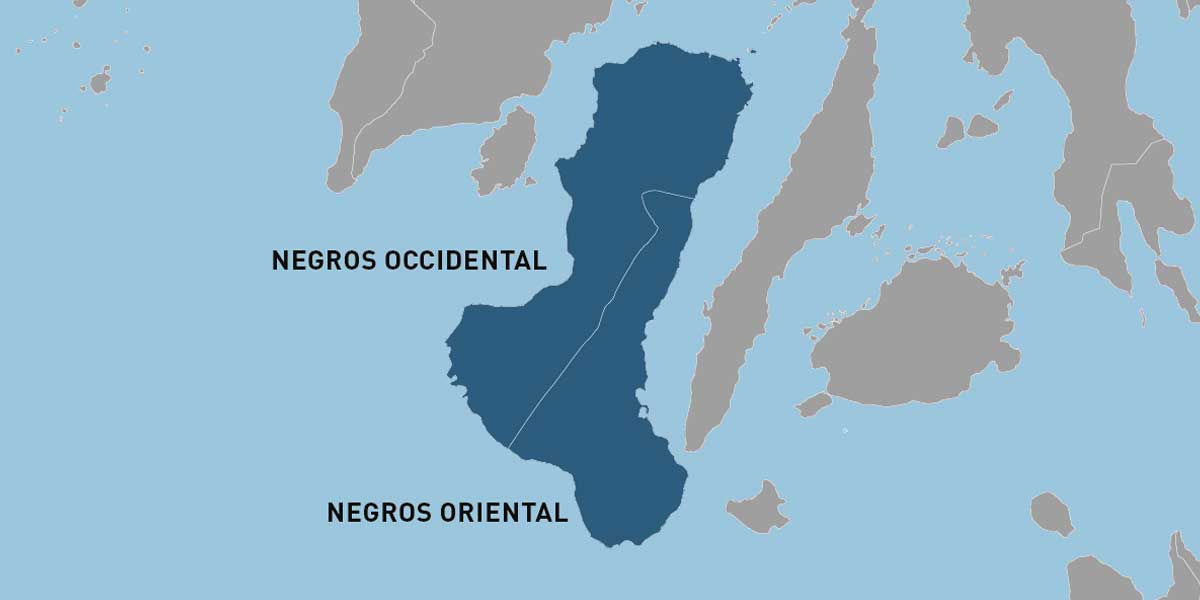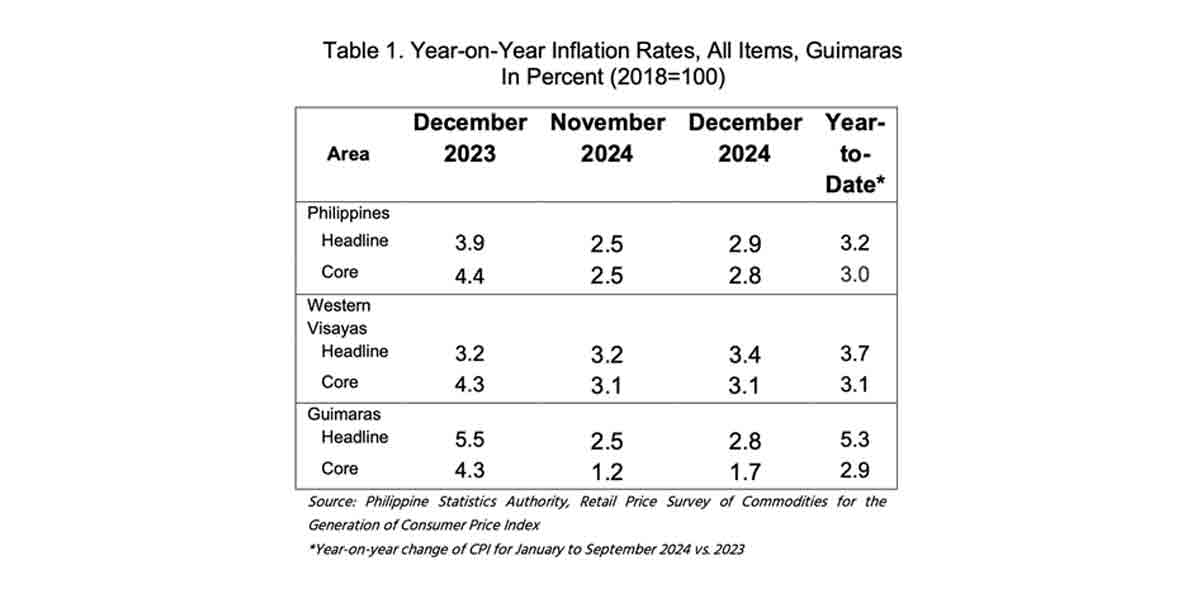
By Joseph B.A. Marzan
Iloilo province is still dependent on its share from national taxes to keep up its operations and bring basic social services.
No less than the chairperson of the Committee on Appropriations of the Sangguniang Panlalawigan of Iloilo on Friday confirmed that up to 94.5 percent of the province’s more than P3-billion budget for 2021 came from its share of taxes collected by the national government.
Based on the committee’s report dated Dec. 9, 2020, the province’s budget consists of P3.23 billion in its General Fund and P1.15 million in its Local Economic Enterprise.
The General Fund is allocated for offices and assets of the provincial government, while the Local Economic Enterprise fund for 2021 is allocated for the provincial and district hospitals.
Broken down, the P3.057 billion comes from the Internal Revenue Allotment (IRA) of the province, P132.5 million is from the internal resources, and P45 million comes from the non-tax revenues of the province.
The IRA is the allotment taken from the province’s share on national taxes, as mandated by the National Internal Revenue Code.
Collection from Internal Resources include the P85-million Real Property Taxes, P20-million Property Transfer Taxes, P6-million Taxes on Delivery Trucks and Vans, P5-million Tax on Sand, Gravel and Other Quarry Products, P3.5-million Franchise Taxes, and P1 million each from Professional Taxes, Amusement Taxes, and Fines and Penalties from Local Taxes, while Business and Occupation Taxes amounted to zero.
Business and Occupation Taxes are paid by businessmen who do business undertakings in the province, and by professionals such as doctors and lawyers.
Appropriations committee chairperson Board Member Domingo Oso (4th district), explained that most businessmen and professionals are based in Iloilo City, which is a chartered city that is administered separately from the province.
Non-tax Revenues includes P15 million from interest income and other incomes in receipts, P8 million each from Miscellaneous Income and Sales Revenues, P5 million from Rent Income, P4 million from clearance and certification, and P2 million from Rent Inspection Fees.
These come from regulatory fees such as License Fees, Permit Fees, Other Fees, Business and Service Income from Hospitals, and other income from receipts.
Aside from the regular budget, the province also has a Special Purpose Lump Sum Appropriation of P1.227 billion, which includes fund allocations mandated by national law.
These are funds such as the 20 percent Local Development Fund (LDF), 5 percent Provincial Disaster Risk Reduction Management Fund (LDRRMF), aid to barangays, loan amortization, and local economic enterprise advances.
Projects under the Local Development Fund are endorsed by the Provincial Development Council, and that of the LDRRMF is endorsed by the Provincial Disaster Risk Reduction and Management Council.
Oso told Daily Guardian on Air on Friday that while internal sources will not be greatly affected by the pandemic, activity in the national government’s internal revenues might affect the IRA share of the province.
The board member added that the Sanggunian is coming up with more ordinances to boost the Local Economic Enterprise of the province.
The province is currently building its parking building within the capitol complex, and parking fees will be charged when it will be completed, and Oso says that collections will proceed to the internal resources of the province.
“Our budget sources will not be affected by the pandemic. The problem is if the national government will be affected, our external sources will definitely be affected or delayed. To balance everything, the Provincial Board is moving to pass ordinances to boost its Local Economic Enterprise, where we can generate income from other sources. Like for instance, we are passing parking fees for our new parking building. That is one activity where we can generate income. It would be nice if we can have from both external and internal sources,” Oso told Daily Guardian on Air on Friday.
IRA DEPENDENCE
Economics professor Dr. Alice Joan Ferrer of the University of the Philippines Visayas (UPV) explained that internal resources of a local government unit are essential to its operation.
Ferrer said, however, that most local governments still lack fiscal abilities, due to their huge dependence on the IRA from the national government.
“It’s natural for local governments to have their own funds for them to be able to deliver services to the people. Our local governments have been given their autonomy over their own funds by the Local Government Code. Most of our local governments until now, still lack in their fiscal abilities. Most of them still wait for the IRA from the national government,” Ferrer said.
Dependence on IRA share is also an indication of the economic vitality, or the lack of it, of any LGU.
Ferrer said local governments are always encouraged to be business-friendly so they can boost their local economy and bring more revenues apart from what they get from the national government.
“Businesses are really essential to the local economy because its steers the money into them. We always encourage local governments to be business-friendly so they can boost their own economy and attract investments. Ease of doing business is one of them, in making applying for business permits easier. In streamlining, they lessen the burden of those who want to do business and increases businesses’ confidence in the local governments,” she added.
She added that local governments must get rid of fixers in their offices so they can further encourage investments.
“Fixers inside are one of the things that not only lengthen the process, but also increase payment by applicants, which discourage potential investments,” she said.
She suggested boosting skills in policies and management to be able to attract investors, as LGUs are commonly dependent on the IRA.
“That is a common feature. In other LGUs, they have up to 100 percent. This is only 94. Even if we amend the Local Government Code, our local governments still need better skills. We need to boost policies and management friendly to investors,” Ferrer said.




















